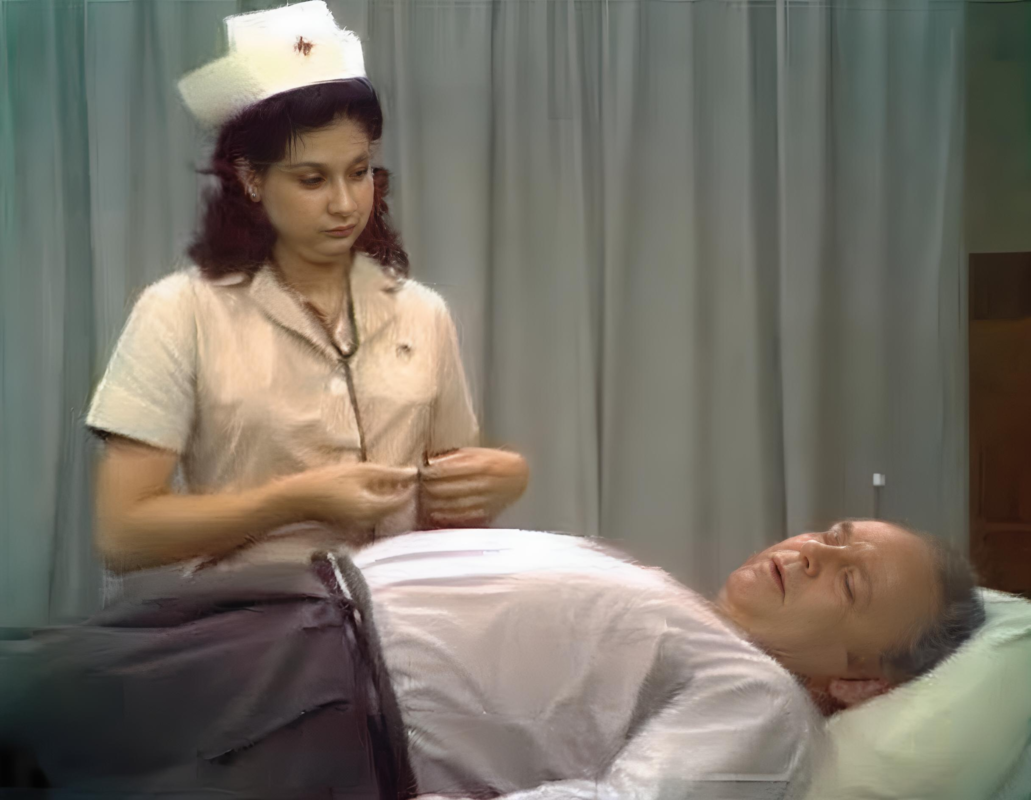
Richard Pryor, one of the most influential comedians of all time, had a unique and powerful voice when it came to discussing race and society. Known for his incisive and raw humor that laid bare the realities of racism, Pryor had strong opinions about how race should be addressed in comedy. His perspective on “All in the Family,” a groundbreaking sitcom of the 1970s, provides a crucial lens through which to evaluate the show’s use of racial humor.
“All in the Family,” created by Norman Lear, was revolutionary in its approach to social issues, using the character of Archie Bunker to expose and ridicule bigotry. However, the effectiveness of this approach was a matter of debate, and Pryor’s critique highlights the complexities involved in using humor to tackle such sensitive topics.
Pryor, who often infused his own performances with biting social commentary, understood the fine line between making people laugh and making them think. His comedy didn’t shy away from the harsh truths of racism; instead, it confronted audiences with the brutal realities faced by Black Americans. This approach stood in stark contrast to the more sanitized and indirect manner in which “All in the Family” dealt with similar issues.
“Comedy should hurt sometimes,” Pryor once said. “It should make you uncomfortable, because that’s where the truth lies.”
In his critique of “All in the Family,” Pryor would likely argue that the show’s racial jokes, while intended to satirize bigotry, risked reinforcing the very stereotypes they sought to dismantle. By presenting Archie Bunker’s prejudices in a humorous light, there was a danger that viewers might laugh along with him, rather than at him, thus blunting the critical edge of the satire.
“People laugh at Archie Bunker,” Pryor might say, “but do they understand that he’s the butt of the joke? Or do they just see him as a lovable bigot?”
Pryor’s own comedic style was direct and unapologetic. He didn’t cloak his messages in the safety of satire but delivered them with a raw honesty that demanded reflection. This method ensured that his audience couldn’t simply dismiss his critiques as jokes—they were forced to confront the uncomfortable truths he presented.
“All in the Family,” on the other hand, often used Archie Bunker as a vehicle for humor that, while progressive for its time, sometimes allowed viewers to sidestep the deeper issues. Pryor might argue that by making Archie a central, relatable figure, the show inadvertently softened the impact of its social commentary.
“Archie’s a funny guy, but racism ain’t funny,” Pryor would assert. “We can’t let people laugh off what’s killing us.”
Furthermore, Pryor might critique the show’s focus on a white protagonist’s journey towards understanding, rather than centering the experiences and voices of Black characters. While “All in the Family” did address important issues, it did so primarily through the lens of Archie’s character development, potentially marginalizing the perspectives of those directly affected by racism.
“Black stories deserve the spotlight,” Pryor would argue. “We can’t just be side characters in a white man’s story about learning not to hate us.”
Pryor’s critique extends to the broader context of how racial issues are portrayed in the media. He believed that comedy could be a powerful tool for social change, but only if used with precision and a deep understanding of its potential impact. His own work exemplified how humor could be both entertaining and a force for enlightenment.
“Comedy’s got power,” Pryor often said. “But with power comes responsibility. We’ve got to use it right.”
In reflecting on “All in the Family,” Richard Pryor’s insights challenge us to consider the effectiveness of using humor to address serious social issues. His critique underscores the need for comedy that not only entertains but also educates and provokes meaningful discussion. By holding up a mirror to society’s flaws, Pryor’s approach reminds us of the vital role that truth-telling plays in any effort to combat racism.
As we continue to create and consume media, Pryor’s legacy serves as a powerful reminder of the importance of intention, authenticity, and the unwavering pursuit of social justice through art. His critique of “All in the Family” calls for a deeper engagement with the issues at hand and a commitment to using humor as a catalyst for real, lasting change.
